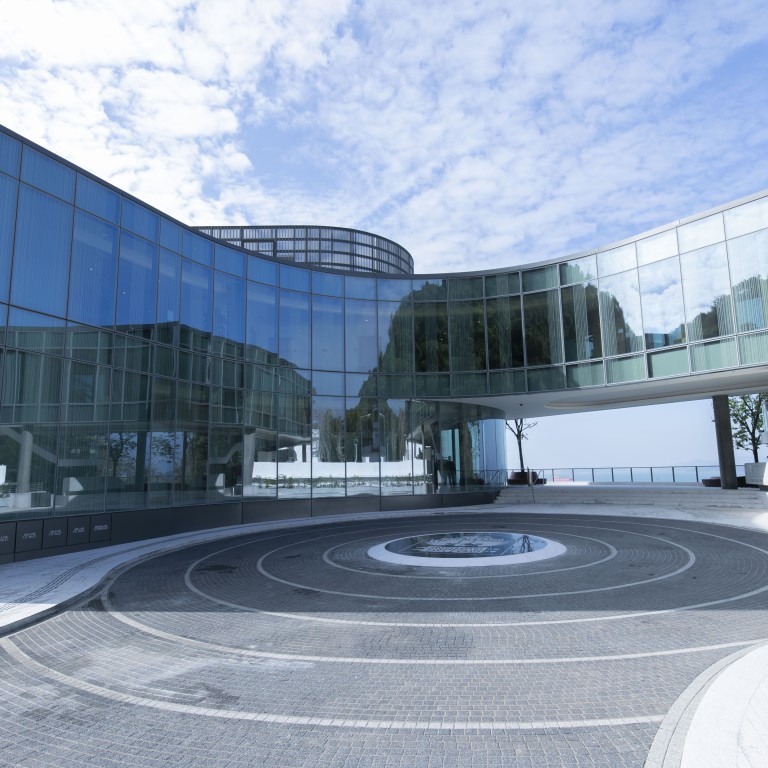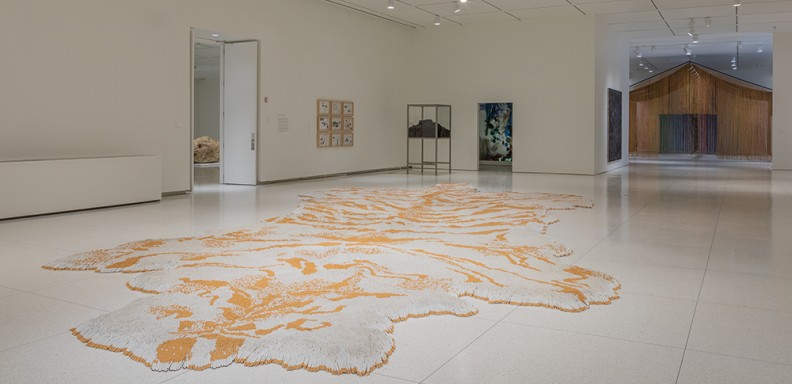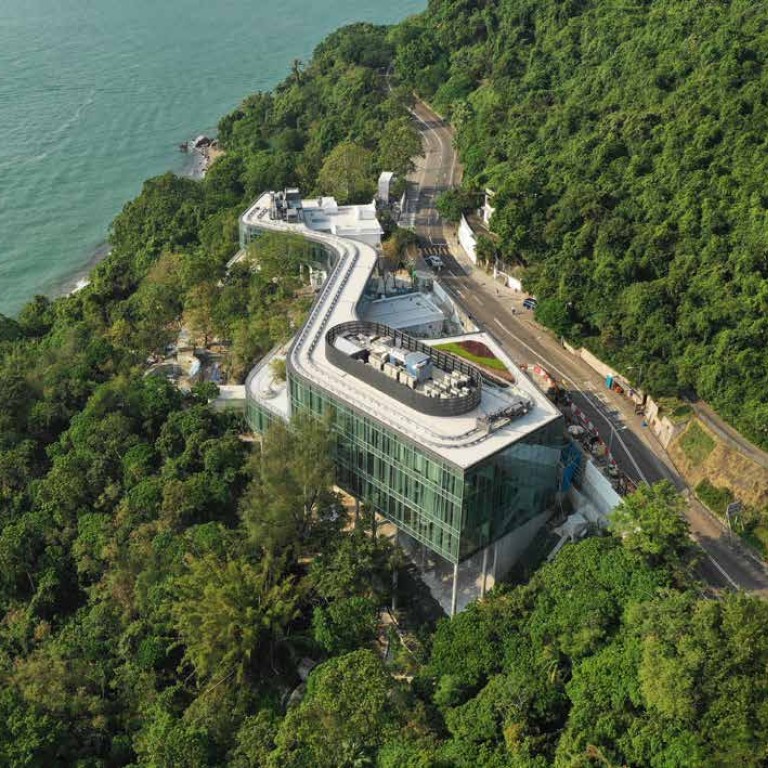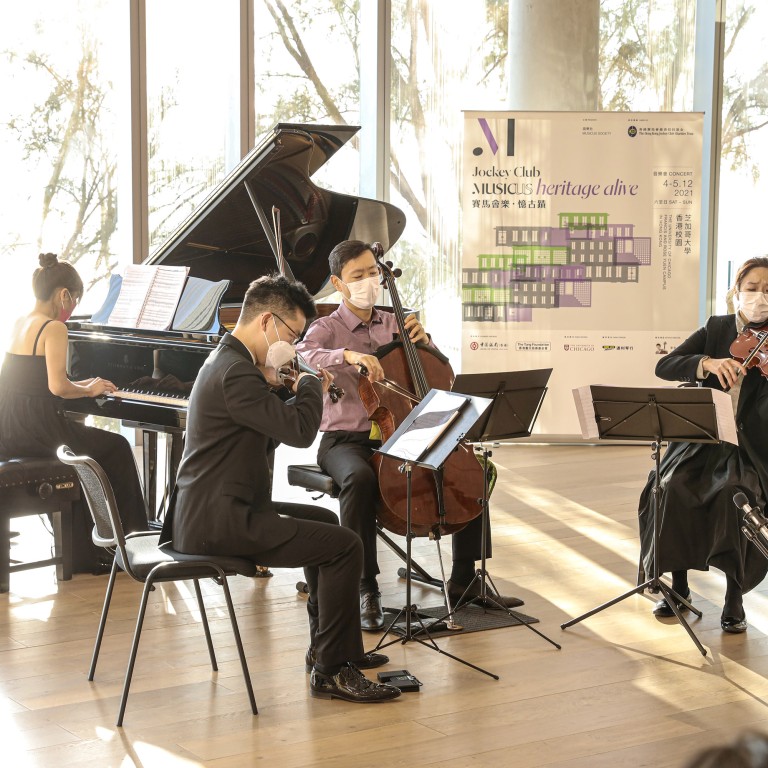Event highlights collaborations, announces India launch of Institute for Climate and Sustainable Growth
The University of Chicago recently celebrated the 10th anniversary of its Center in Delhi by highlighting the rich collaborations, relationships and scientific research it has nurtured in diverse fields from liberal arts to medicine to AI.
The Dec. 13 event, which included academic partners, government officials, funding agencies and alumni, concluded a year of intellectual engagement on the theme of “Idea to Impact”—underscoring its decade in India and discussing goals and opportunities for the next ten years.
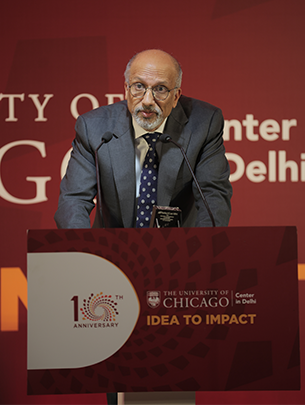
Prof. Supratik Guha, faculty director of the Center in Delhi, highlighted the “impactful collaborations that have advanced critical areas” including the liberal arts, policy, economics, medicine, and science and technology, but he also looked forward to UChicago leveraging the momentum of initiatives such as the U.S.-India Initiative on Critical and Emerging Technologies (iCET).
“This milestone is not merely a celebration of past achievements, but a springboard for the future,” said Guha, a professor at UChicago’s Pritzker School of Molecular Engineering. “We aim to deepen our partnerships across academia, industry, and government to address the pressing challenges of our time, including climate change, sustainable development, and equitable access to education. The journey ahead holds immense potential, and we are committed to turning innovative ideas into actionable impact that resonates globally and strengthens the UChicago-India partnership for years to come.”
One key area of present and future collaboration—climate and energy—was announced during the 10th anniversary event: the India launch of the Institute for Climate and Sustainable Growth. The announcement builds upon the debut of the new Institute on Oct. 30 in Chicago as an ambitious effort combining frontier research in economics and climate policy, and key energy and climate technologies, with a pioneering approach to education.
In India, the Institute will create opportunities for UChicago scholars to collaborate with local partners.
“This milestone is not merely a celebration of past achievements, but a springboard for the future.”
—Prof. Supratik Guha
The Delhi Center event included keynote addresses by India’s Chief Economist V. Anantha Nageswaran and the Government of Odisha’s Chief Secretary Shri Manoj Ahuja. It also included a fireside chat with UChicago Prof. Michael Greenstone and CEO of Tata Power Praveer Sinha, spotlighting the new Institute for Climate and Sustainable Growth. The discussion focused on the future of a greener India, powered by renewable energy initiatives and innovative technologies.
“Families in India and around the world aspire for a better life, and inexpensive energy is key to the growth that unlocks it,” said Greenstone, the Milton Friedman Distinguished Service Professor in Economics and faculty director of the Institute. “In many places and settings, fossil fuels remain the least expensive energy option, but they also cause climate change. This can put the goals of managing climate change and growth in conflict. The Institute’s aim is to find ways to balance these two goals, recognizing that both are critical to our well-being. We look forward to building on a shared legacy of progress in working with Indian leaders to further this work.”
